Net zero and climate change
Our global environment is changing. Human activity, in particular, is forcing change at unprecedented rates. Our research is helping communities around the world limit, manage and adapt to climate change.
Research impact case studies
-
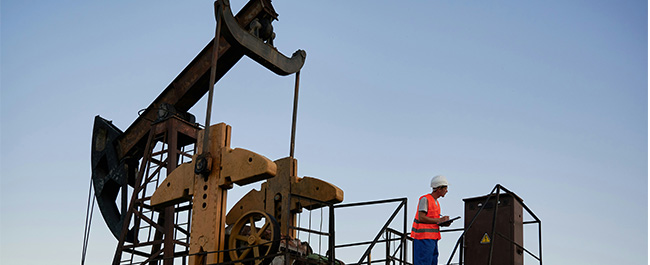 Informing the fracking debate
Research into microseismicity has provided the scientific foundation for major decisions regarding shale gas extraction in the UK.
Informing the fracking debate
Research into microseismicity has provided the scientific foundation for major decisions regarding shale gas extraction in the UK. -
 Driving the explosion in multi-party computation
Research by the University of Bristol has made Multi-Party Computation a hot topic - leading to a huge increase in venture capital investment and interest from governments and the UN.
Driving the explosion in multi-party computation
Research by the University of Bristol has made Multi-Party Computation a hot topic - leading to a huge increase in venture capital investment and interest from governments and the UN. -
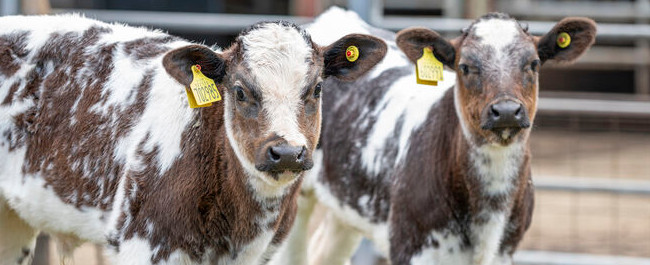 Driving responsible use of antimicrobials
Researchers, practitioners and industry bodies across the food chain successfully combined forces for changes in antimicrobial use on farms and in veterinary practices.
Driving responsible use of antimicrobials
Researchers, practitioners and industry bodies across the food chain successfully combined forces for changes in antimicrobial use on farms and in veterinary practices. -
 Tackling financial storms with the Bank of England
In the aftermath of the global financial crisis, University of Bristol Business School with the Bank of England developed the understanding of financial turbulence to keep the economy safer from future disasters.
Tackling financial storms with the Bank of England
In the aftermath of the global financial crisis, University of Bristol Business School with the Bank of England developed the understanding of financial turbulence to keep the economy safer from future disasters. -
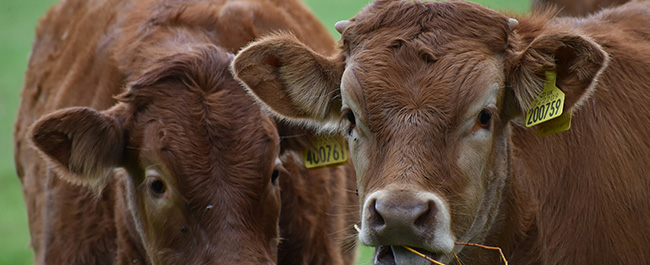 Bristol-led project improves the welfare of farm animals
Welfare outcome measures and enhanced farm animal management have had a major impact on farming practices and provide greater assurance for consumers.
Bristol-led project improves the welfare of farm animals
Welfare outcome measures and enhanced farm animal management have had a major impact on farming practices and provide greater assurance for consumers. -
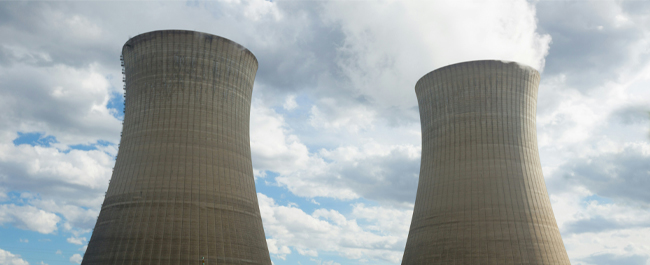 New statistical testing methods enhance confidence in software for safe nuclear energy
Methods developed at the University of Bristol have provided a scientific basis for increased confidence in new control and instrumentation software for the UK nuclear energy sector.
New statistical testing methods enhance confidence in software for safe nuclear energy
Methods developed at the University of Bristol have provided a scientific basis for increased confidence in new control and instrumentation software for the UK nuclear energy sector. -
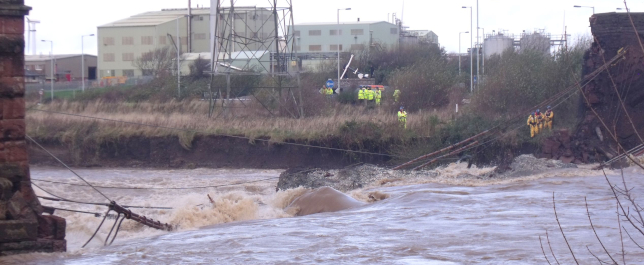 Pioneering computer models have transformed global flood risk management
The same digital tools that protect global computer servers from flood damage promise to shed light on the social injustices of flooding under climate change.
Pioneering computer models have transformed global flood risk management
The same digital tools that protect global computer servers from flood damage promise to shed light on the social injustices of flooding under climate change. -
 Ice pigging
The ice PIG (pipeline inspection gauge) is transforming the way drinking-water pipes are cleaned and maintained.
Ice pigging
The ice PIG (pipeline inspection gauge) is transforming the way drinking-water pipes are cleaned and maintained. -
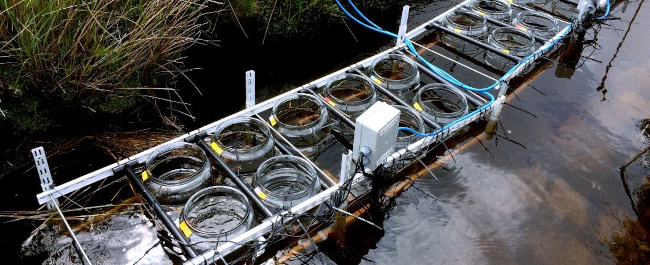 Identifying and tackling nutrient pollution
Bristol research is shaping global efforts to protect ecosystems and human health.
Identifying and tackling nutrient pollution
Bristol research is shaping global efforts to protect ecosystems and human health. -
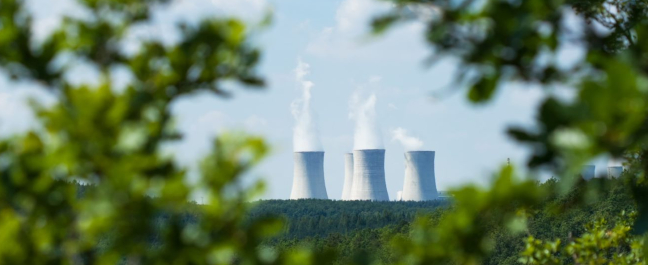 Novel approaches to improve nuclear safety in Europe and Japan
As the importance of nuclear power grows it's vital we understand and manage the risks involved. University of Bristol researchers are pioneering technologies to help improve human and environmental safety.
Novel approaches to improve nuclear safety in Europe and Japan
As the importance of nuclear power grows it's vital we understand and manage the risks involved. University of Bristol researchers are pioneering technologies to help improve human and environmental safety. -
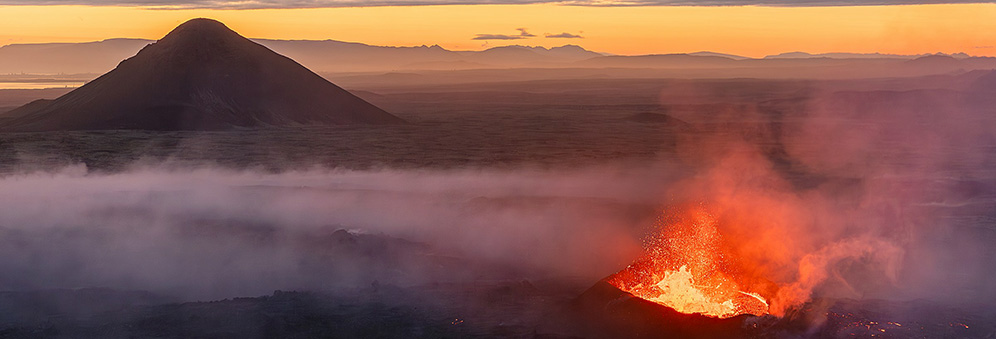 Reducing the risk of volcanic ash to aviation
Research at Bristol has led to safer air travel and many more benefits for the aerospace industry, airlines, airspace management and the military.
Reducing the risk of volcanic ash to aviation
Research at Bristol has led to safer air travel and many more benefits for the aerospace industry, airlines, airspace management and the military. -
 'Augmented biology': Exploring new avenues in biofuel production
Researchers in the Schools of Biochemistry and Chemistry are working to boost cellular productivity of biofuels at a fundamentally scientific level in order to create innovative, sustainable solutions to our global energy needs.
'Augmented biology': Exploring new avenues in biofuel production
Researchers in the Schools of Biochemistry and Chemistry are working to boost cellular productivity of biofuels at a fundamentally scientific level in order to create innovative, sustainable solutions to our global energy needs. -
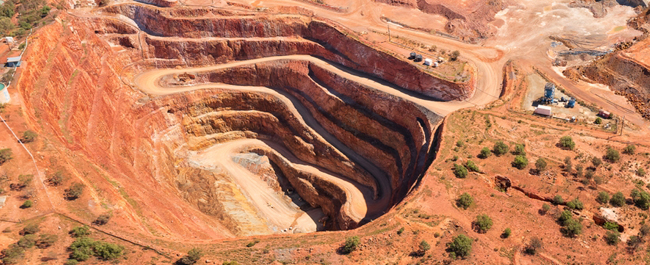 Transforming copper exploration
Bristol researchers are working with the mining industry to target new copper resources that are critical for the electrification needed to meet climate change targets.
Transforming copper exploration
Bristol researchers are working with the mining industry to target new copper resources that are critical for the electrification needed to meet climate change targets.